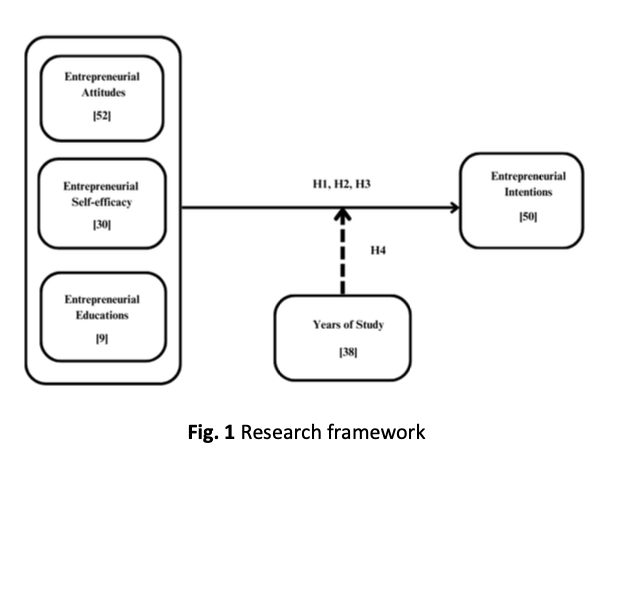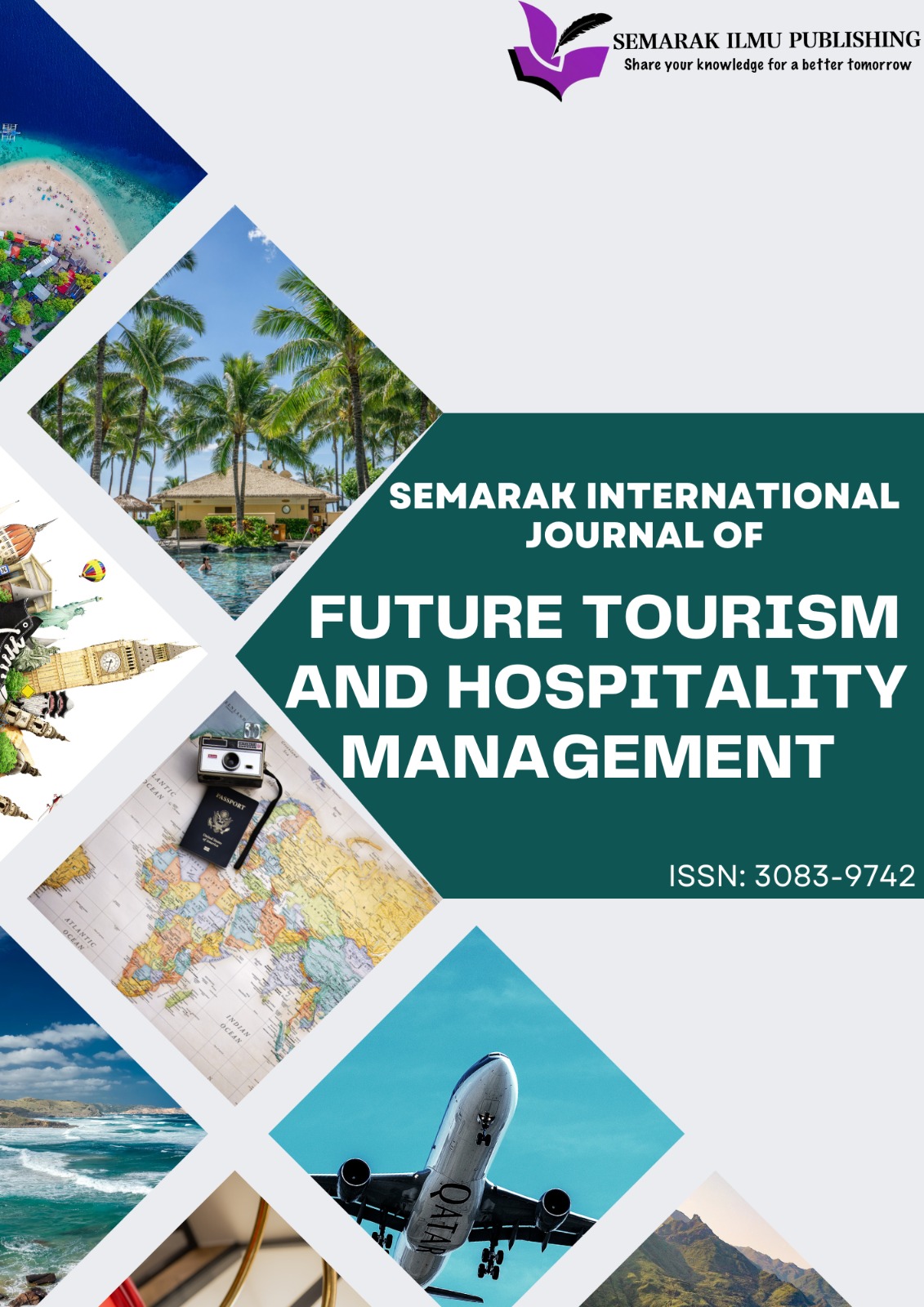Examining Entrepreneurial Intentions among Hospitality Students: The Moderating Effect of Years of Study
Keywords:
Entrepreneurial intention, entrepreneurial education, entrepreneurial self-efficacy, entrepreneurial attitude, years of study, entrepreneurship, PLS-SEMAbstract
This study examines the determinants of entrepreneurial intentions among hospitality students, focusing on the roles of entrepreneurial attitude, education, self-efficacy, and the moderating effect of years of study. Using a quantitative approach with 167 respondents analysed via PLS-SEM, the results reveal that entrepreneurial education (β = 0.427, p < 0.01), self-efficacy (β = 0.210, p < 0.01), and attitude (β = 0.200, p < 0.05) significantly predict entrepreneurial intentions, explaining 55.9% of the variance (R² = 0.559). Contrary to expectations, years of study did not moderate these relationships (all p > 0.05), suggesting that academic progression alone does not enhance entrepreneurial intentions without targeted curricular interventions. These findings highlight the importance of integrating experiential learning and sustained entrepreneurial training across all academic levels in hospitality programs. The study contributes to the literature by validating key predictors of entrepreneurial intentions while challenging assumptions about the automatic benefits of prolonged education. Practical implications for curriculum design and future research directions are discussed.









